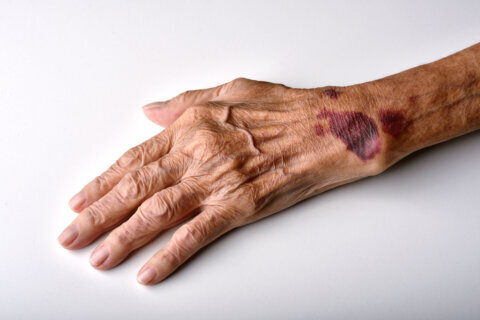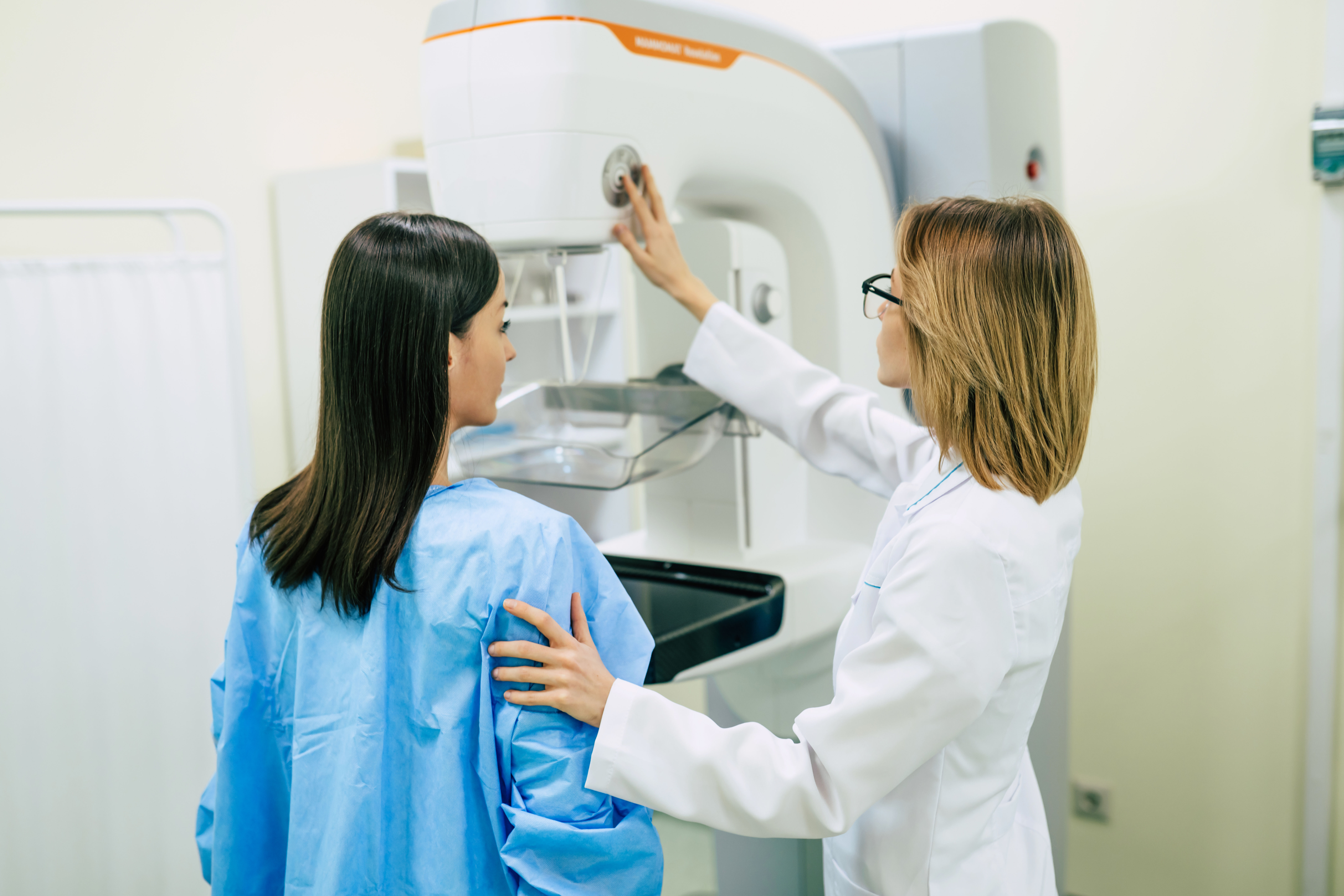This content is sponsored by MedStar Washington Hospital Center.
The Centers for Disease Control and Prevention (CDC) estimates that 1.2 million people in the U.S. had HIV at the end of 2021. Although HIV infections have decreased in recent years, progress is not necessarily equal.
Dr. Rachel Scott, a practicing obstetrician/gynecologist at MedStar Washington Hospital Center, said various factors affect HIV infections.
“There [are] so many issues in terms of gender inequity, and inequities related to race and economics that play into HIV acquisition in this country and around the world,” Dr. Scott said. “We tend to see more HIV among marginalized — or historically marginalized communities. So communities of color, disenfranchised communities and communities with lower socio-economic and educational status.”
Dr. Scott said in some ways, contracting HIV can have less to do with how many partners or risk factors you have, but rather the geographic prevalence and where you live.
“We put so much emphasis on behaviors. And obviously there are behaviors that are linked to HIV acquisition. But really, it has more to do with the prevalence in the overall area rather than an individual’s behavior patterns.”
One in four people with HIV in the U.S. is a woman, according to womenshealth.gov.
There are efforts to prevent transmission of the disease, but historically, efforts have not targeted women the way they do men, Dr. Scott said.
Barrier prevention, including male or female condoms, is one way to limit the risk. Another prevention method is PrEP or pre-exposure prophylaxis. These medications come as oral pills, injections and a vaginal ring, although only oral pills and injections are FDA approved in the United States.
These prevention methods can be utilized prior to sex and can be completely private, autonomous options for women, said Dr. Scott.
PrEP can also be used in pregnancy, although there are less options with available safety data at this time. Currently, Tenofovir Disoproxil Fumarate/Emtricitabine or Truvada is the only medication that is both FDA approved for cisgender women in the U.S. and has available safety data in pregnancy. Truvada is only offered as an oral medication.
“We have a lot of data on [Truvada]— both in pregnancy for prevention and also in pregnancy for treatment. And we know that overall it is very safe and very effective medication for both treatment and for prevention,” Dr. Scott said.
PrEP does not prevent against other sexually transmitted infections at this time, and it’s not given over the counter.
“The recommendation from the CDC is that you see a medical provider, you receive counseling, [and] are screened for HIV as well along with several other blood tests to make sure that PrEP is safe for you,” Dr. Scott said.
Side effects can include some gastrointestinal issues such as nausea, vomiting or diarrhea. Dr. Scott said these are typically limited to the first two or three weeks.
Rare long-term concerns include kidney or decreased bone strength. Dr. Scott said she has never seen these issues in her PrEP patients and she’s rarely seen them in generally young, healthy individuals.
A common misconception of PrEP is that it’s only for men, Dr. Scott said. However, it is important to note that there are differences in the way oral PrEP is processed in men and women’s bodies.
Men have the option of taking oral PrEP pills on demand, in which they take the medication for a couple of days around the date of sexual intercourse.
Women need to be on oral PrEP for a longer period of time to build up the drug levels in the vagina and in the rectum.
“So for women, you really do need to be on oral medication – taken daily for about three weeks prior to protection,” Dr. Scott said. “Its differences in the way the drug can accumulate in the in the vaginal tissue, which is the way the majority of women acquire HIV.”
Another misconception is that PrEP is only for people who have a positive partner who’s living with HIV.
“Whereas really, PrEP is something that should be talked about with all sexually active adolescents and adults.”
Dr. Scott said PrEP Is highly effective and offers up to 100% protection against HIV, and has the collateral benefits of allowing individuals “to lead a more sex positive lifestyle without having the same concerns about HIV.”
Despite the social stigma associated with this prevention method, PrEP can allow people to remain HIV-negative with less concern about acquiring HIV.
Read more about Dr. Rachel Scott and her research on the MedStar Washington Hospital Center website.







